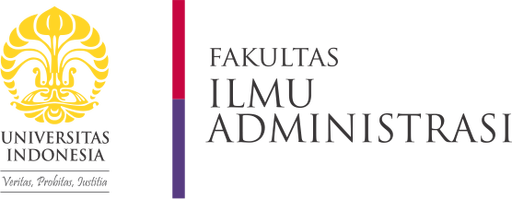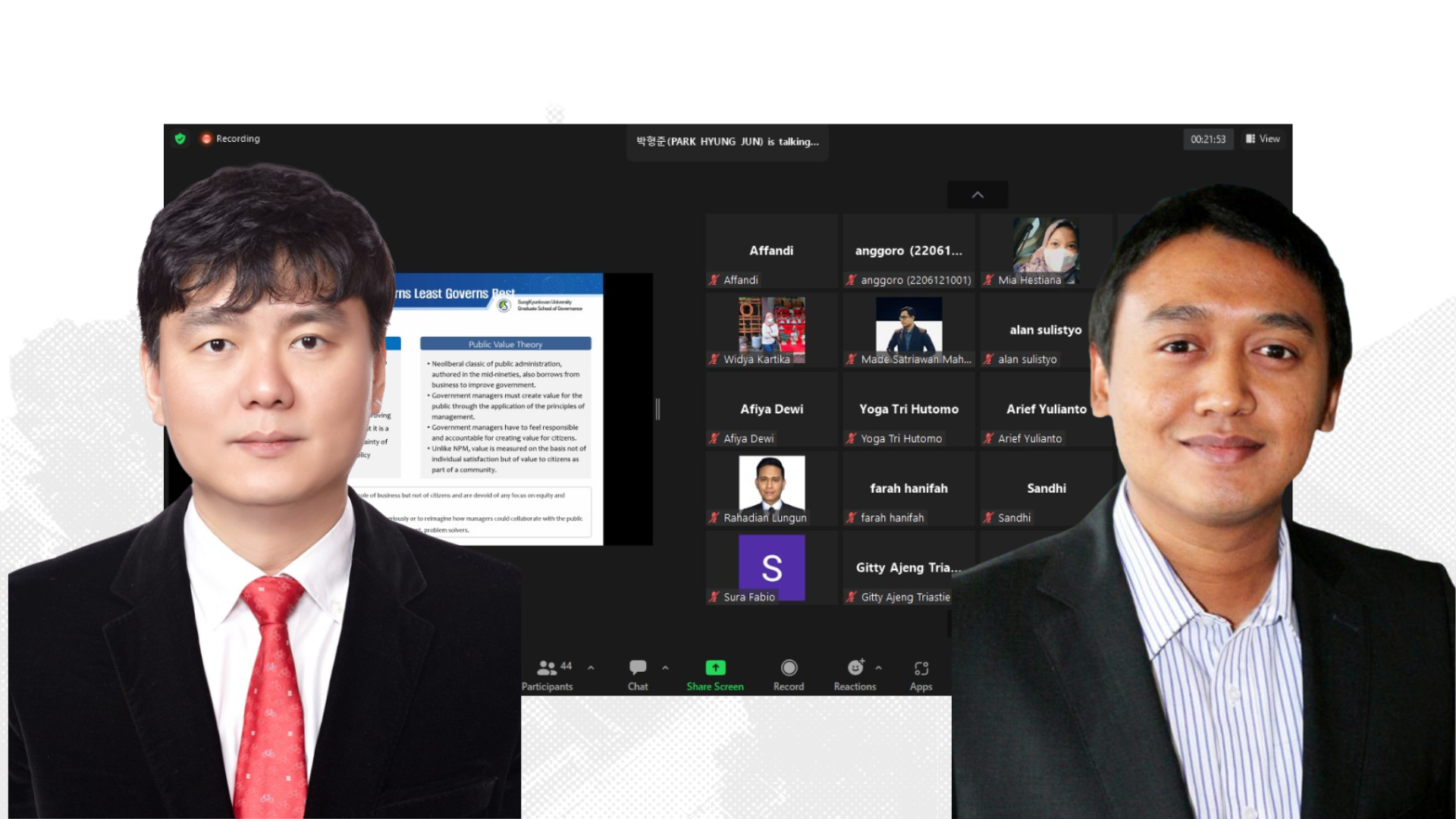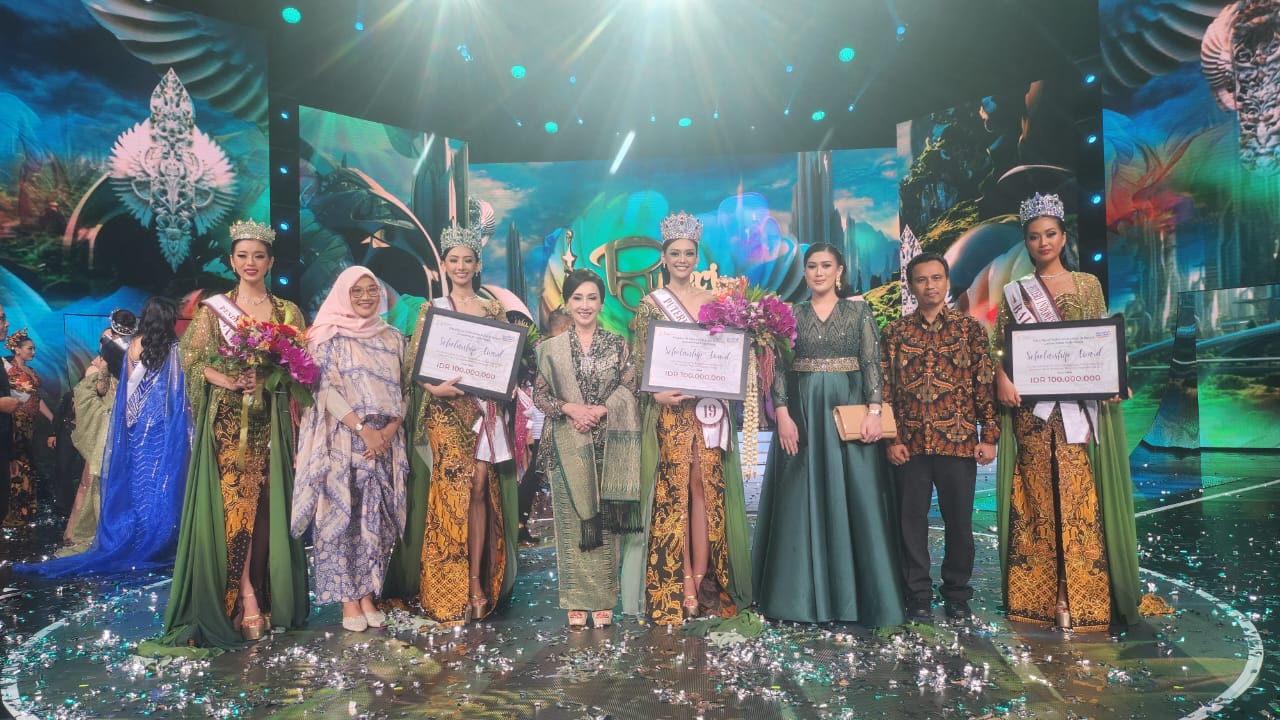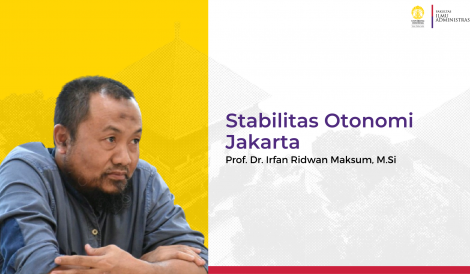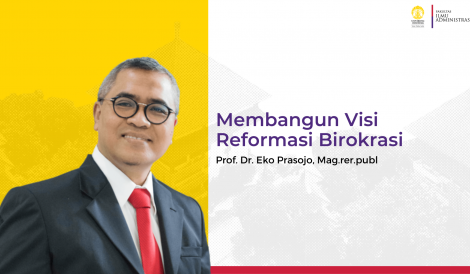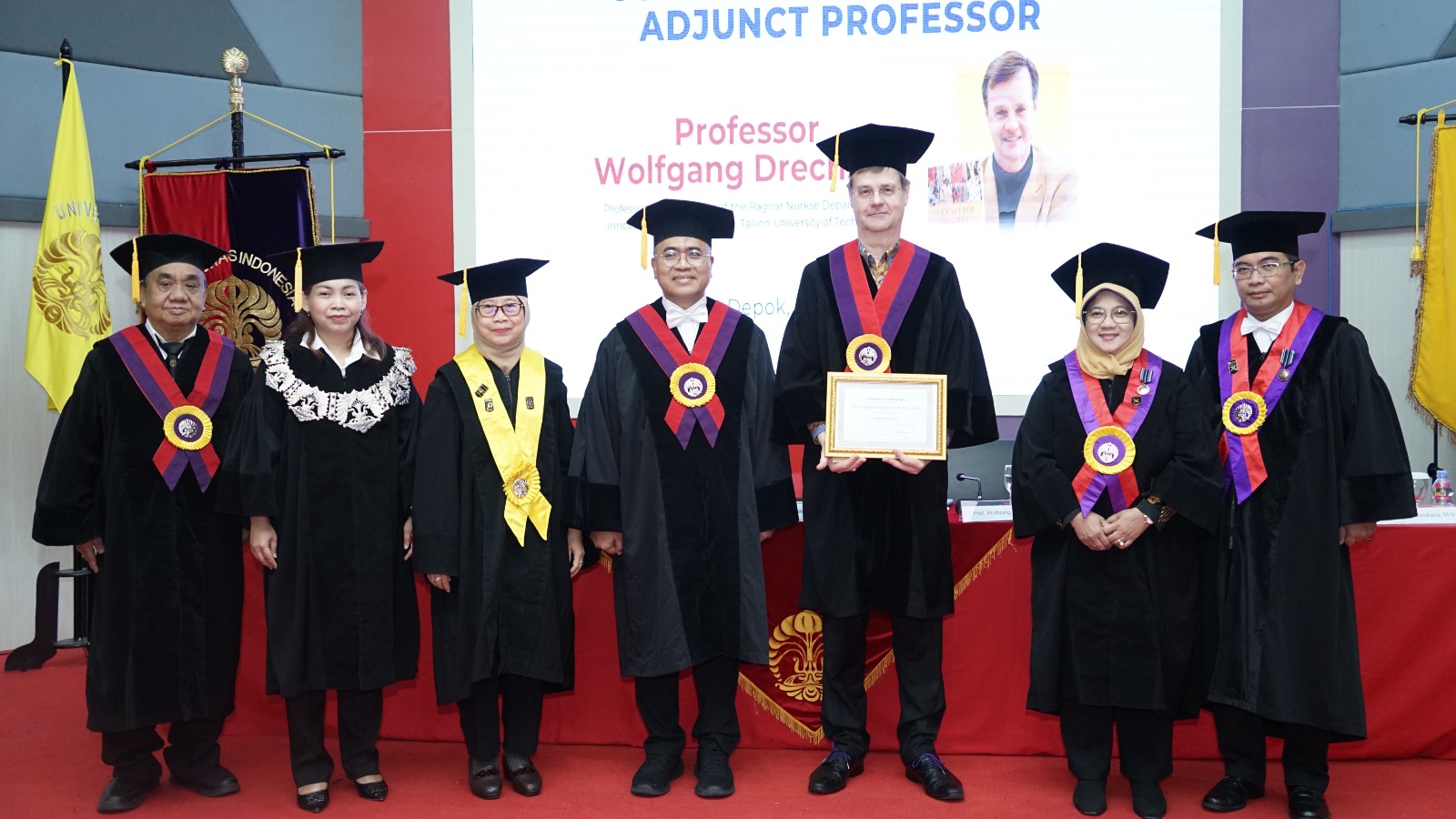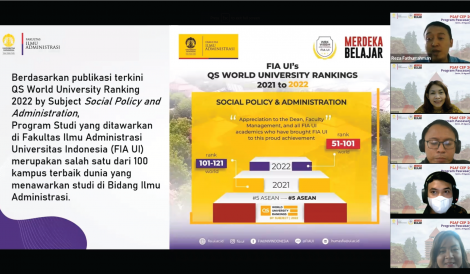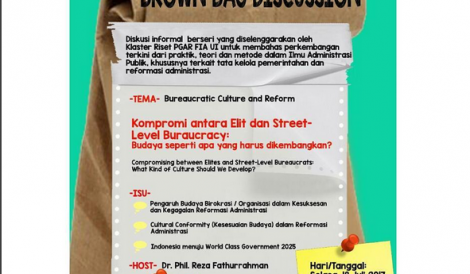Collaboration in the academic realm which undoubtedly needed in a world that has entered the era of globalization where to achieve the goals and challenges of education in the industrial era 4.0.
The Faculty of Administrative Sciences, University of Indonesia (FIA UI) collaborated with Sung Kyun Kwan University (SKKU) to hold a Joint Collaborative Session on November 28 2022, by having a teacher exchange class.
Dr. Phil. Reza Fathurrahman, MPP lecturer from FIA UI conveyed scenario planning as a tool for decision-making. According to him, thinking in terms of scenarios can help us understand the logic of development, clarify, find key factors and players, and identify our potential.
“Scenarios are usually used as a tool when there is significant uncertainty in the decision-making context,” he said.
He also explained that scenario planning was divided into two phases: the first phase of scenario development and the second phase, namely, the workshop scenario. “In the first phase, scenarios are developed based on various significant issues that can be calculated and look for challenging but rational issues for each issue. Then in the second phase, designing and developing techniques and facilitating workshops,” he said.
Meanwhile, from SKKU, Prof. Hyung Jun Park gave material on how to find solutions to public problems based on human-centred and humanitarian process designs. Prof. Hyung started the material by conveying that modern society’s issues are complicated, so unilinear and complex solutions are needed.
“So the government needs to properly define the problem before entering to conclusions. The government also needs to use data and collective intelligence to define problems, identify and design solutions, and implement and evaluate them,” he said.
Then he also explained the process of human-centred planning. Using this method, we will be forced to humanize the definition of the problem and focus on specific geographies, narrower communities, and limited time limits, which increases our opportunities to develop practical solutions.
This class was attended by more than 100 participants from Indonesia and Korea.
